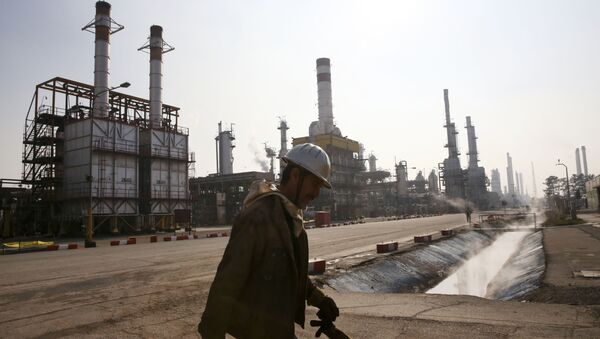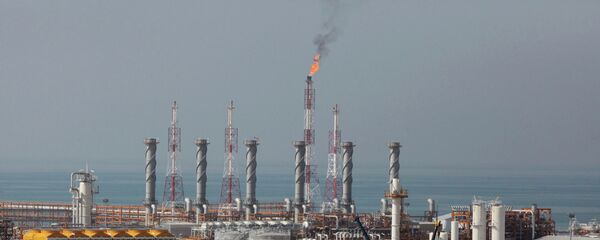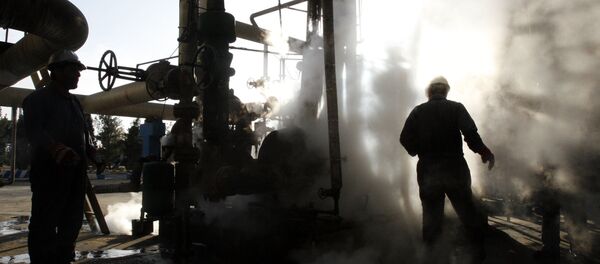"Upon implementation of the Joint Comprehensive Plan of Action (JCPOA), foreign investors, South Korea and Japan, voiced extreme eagerness to enhance old Iranian refinery complexes, which is a necessity indeed," Kazemi said, as quoted by the Mehr news agency, adding that the talks on upgrading refineries in Tehran and Bandar Abbas are being conducted with the Japanese JGC Corporation and the Japan Cooperation Center, Petroleum (JCCP).
Iran then plans to proceed to upgrade refineries in Tehran, Isfahan, Tabriz, Bandar Abbas and Abadan, according to Kazemi.
Iran had also turned to South Korea for help in upgrading its refining facilities. In mid-2016, South Korea's Daelim Company agreed to improve production at the Esfahan Oil Refinery Company.
“All old refineries require a total of approximately 14 billion dollars for them to produce Euro-4 products and decrease fuel oil out pot to less than 10 per cent,” Kazemi said.
Euro 4 is a fuel product which complies with the Philippine Clean Air Act of 1999 on environmental and emission standards.
On July 14, 2015, Iran and the P5+1 group of countries, including the United States, Russia, China, France and the United Kingdom plus Germany, signed the JCPOA, ensuring the peaceful nature of Tehran's nuclear program in return for the gradual sanctions relief.
The agreement came into force on January 16, after the International Atomic Energy Agency submitted a report confirming the readiness of Iran's authorities to implement the program to reduce the country’s nuclear potential. Iran ramped up both oil production and investment in the sector after the deal.




